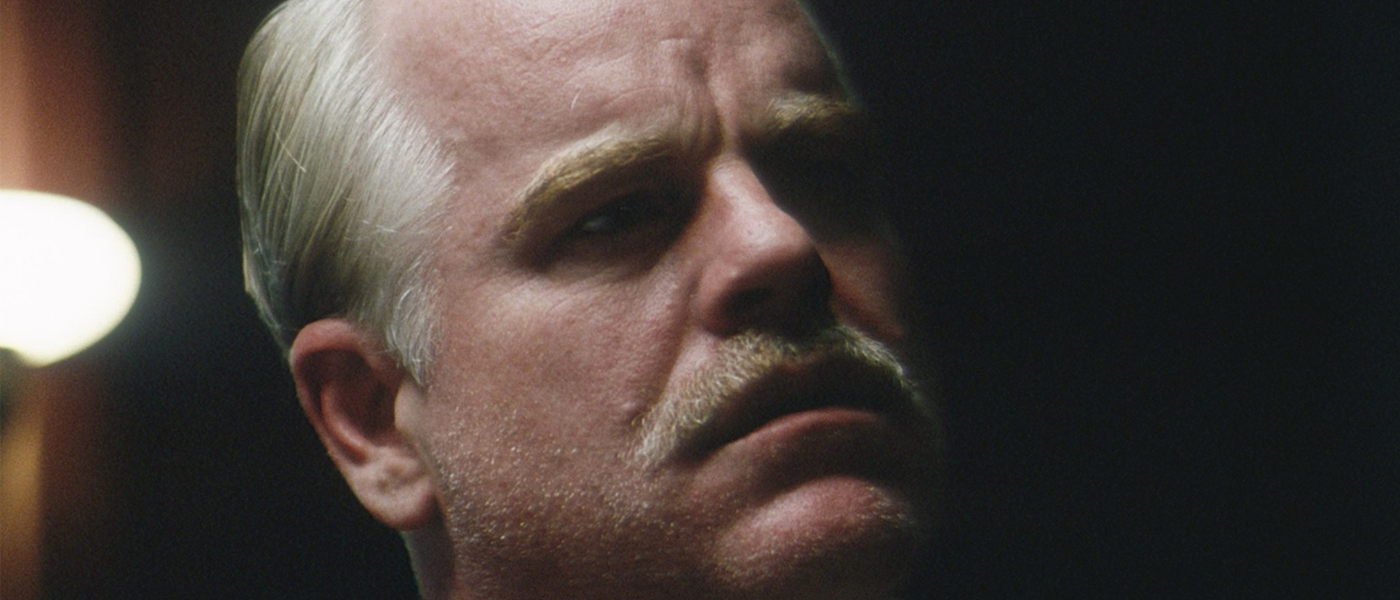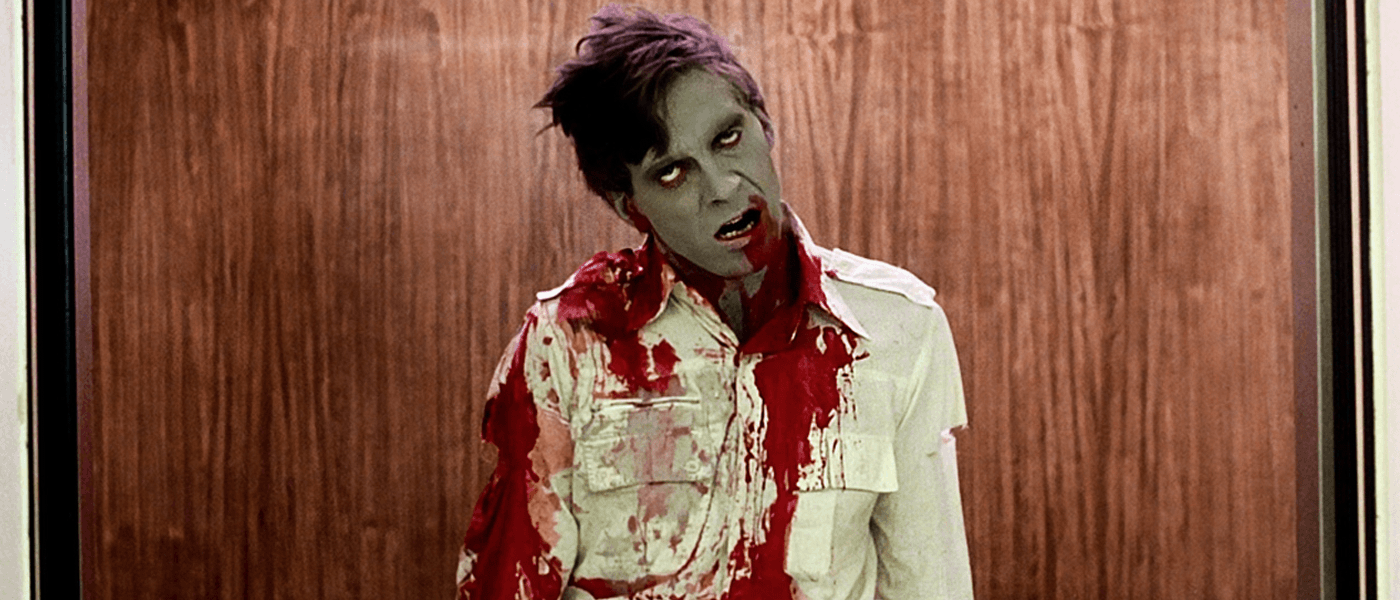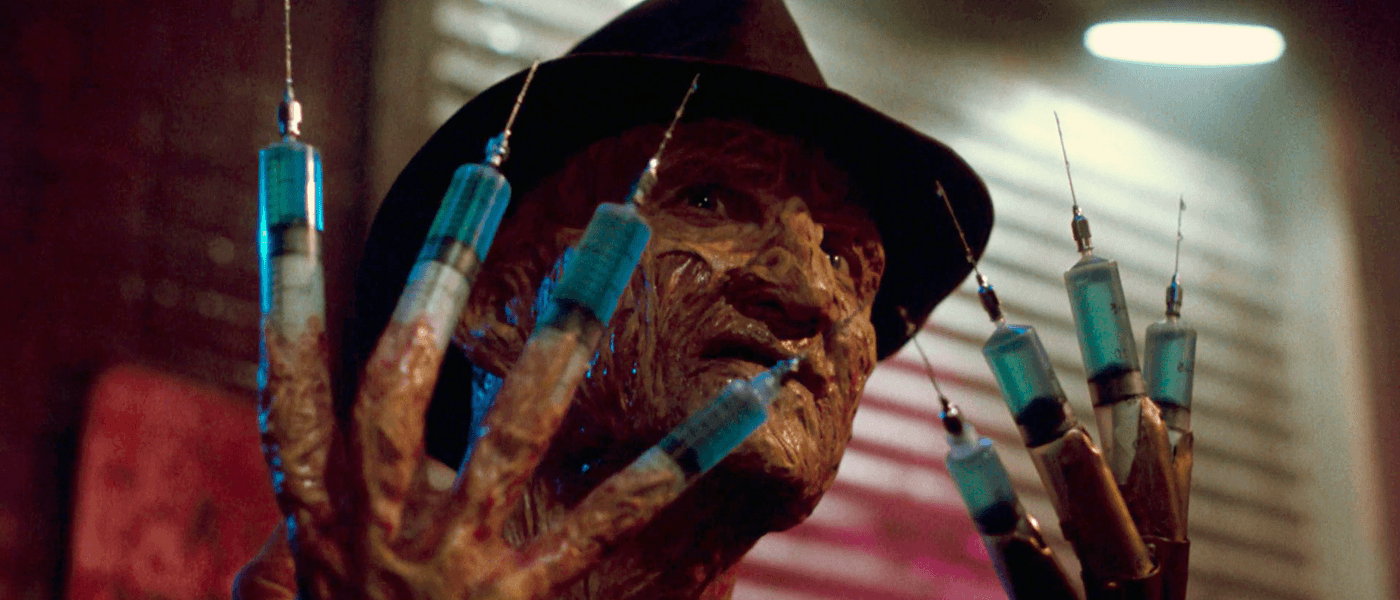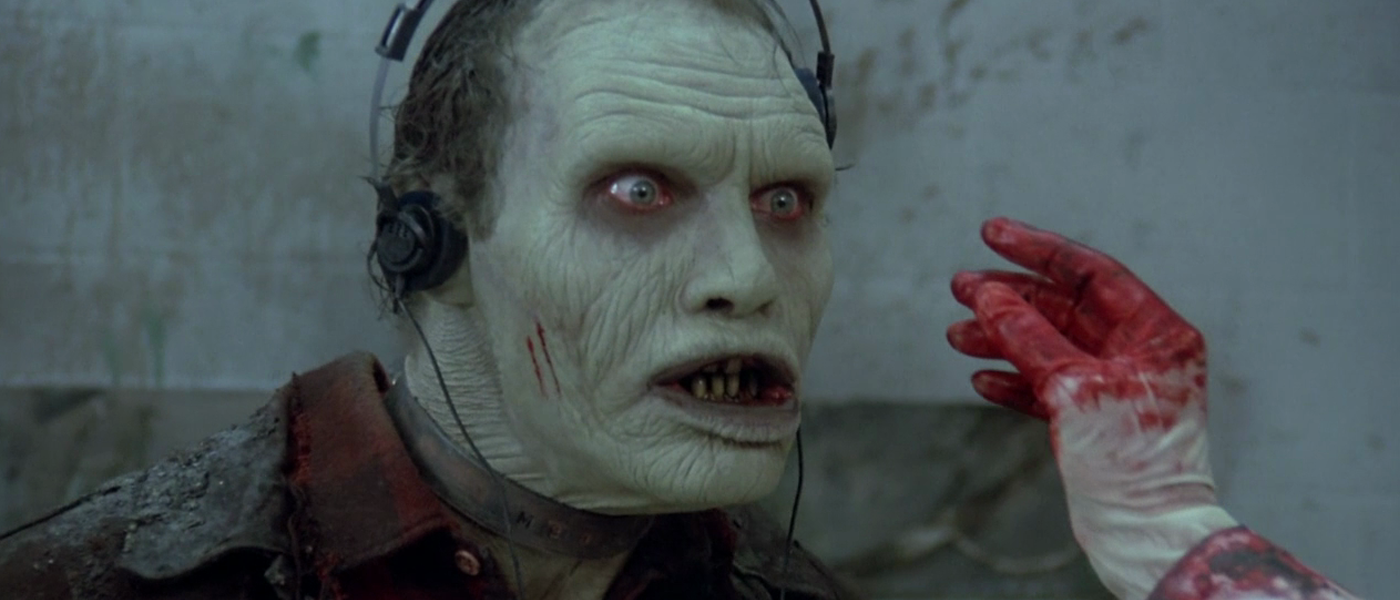Well, this sucks. Not a lot of fun to be had writing about one of your favorite actors dying. It’s a tough thing because it is obviously tragic – a guy who just last year sought help for his drug addiction and seemed to be back on track – but he’s also an actor who left us with a ton of work to enjoy.
If you are looking for the juicy details of his passing, this isn’t the right place for you. Go over to TMZ.
The first time I noticed Philip Seymour Hoffman was in the 1996 blockbuster Twister. Yeah, not the most elegant introduction, but Dusty Davis seemed to be the only guy on the screen who was having fun. His enthusiasm made an impact on me, even as a nine-year-old. He had a noticeable bit part in Scent of a Woman, but for me, I first saw Hoffman chasing tornadoes around the heartland with a broad smile painted on his face. Not a bad lasting image of the guy.
For others, the first “oh my god, who is this guy?” moment was probably Boogie Nights, where he played the conflicted sound guy Scotty J. You’d be hard-pressed to find a bigger fan of Boogie Nights than me, and that’s because it is endlessly rewatchable. As with most Paul Thomas Anderson films, the cast is perfectly assembled and on any given viewing, you can latch onto any one of them. Scotty is not given as much screen time as other characters, but that never mattered to Philip Seymour Hoffman. Give the guy two minutes and he’ll chomp away at the scenery. One of his best performances took place on a darkened driveway towards the middle of the film, right before the good times stopped.
One of the things I admired so much about Hoffman was that he kind of redefined for me what a supporting actor’s job was. A supporting actor’s task is less about interacting with the leads and more being a reliable tool for directors to paint their picture with detail. Philip Seymour Hoffman was the best in these roles. In The Ides of March, an otherwise bland thriller, Hoffman was able to punctuate the grey morality of politics in a few scenes. In Mike Nichols’ Charlie Wilson’s War, he illustrated the strife that exists between impassioned professionals and the powerful, often aloof, men that control them.
I could go on for hours – Moneyball, The Boat That Rocked, Cold Mountain, Red Dragon, even the abysmal Almost Famous – he was just dedicated to each and every performance, no matter the size. But of course, he was universally-lauded for his starring turns, especially 2005’s Capote, where he indistinguishable from the man himself. It was different from his other roles because Truman Capote was a departure from the bombastic characters he was accustomed to playing. The delicacy and nuance of this performance was deserving of every accolade Hoffman received that year, especially the Academy Award for Best Actor. The best moments come when Hoffman is perfectly willing to let another actor, often the fantastic Clifton Collins Jr., take control of the scene.
http://www.youtube.com/watch?v=Er4odhEjSxE
It’s a shame that Paul Thomas Anderson has lost such a dear friend and collaborator because they were golden together. Their work has spawned some of the greatest images of not only Hoffman’s career, but cinema itself. Images that will carry on Hoffman’s acting legacy and represent the very best he had to offer the form. From their first film, Hard Eight, you could see how comfortable Hoffman was in front of PTA’s camera. In one of my all-time favorite scenes, Anderson lets Hoffman off the chain and allows him to compete against the always stoic Philip Baker Hall. The result is extraordinary.
They worked together three more times after Boogie Nights, and each role gave Hoffman a new type to play off of. The sensitive and caring Phil Parma in Magnolia is one of the few Anderson characters with an intact moral compass, so it allowed Philip Seymour Hoffman to revive some of that goodheartedness from some of his earlier films. His scummy turn as Dean in Punch-Drunk Love, opposite Adam Sandler, is one of the great delights of his career. This is Hoffman playing a one-note character to perfection, and the phone call scene is one of the funniest of the whole picture.
His final role in front of Anderson’s camera came in 2012 as Lancaster Dodd in The Master. Watching him and Joaquin Phoenix play off each other is one of the best cinematic gifts in recent memory. Each are so different from one another, but when Freddie Quell finally meets his “Master”, they fit together like a jigsaw puzzle. If there is a lasting image of Philip Seymour Hoffman the actor, let it be this fantastic film. The level of study and preparation for this role is remarkable, and the result is a picture that is one of the greatest achievements in filmmaking.
Hoffman has, potentially, another four films upcoming in the next two years as well. John Slattery, who played against Hoffman in the clip above from Charlie Wilson’s War, directed him in 2014’s God’s Pocket. And Anton Corbijn, the creative mind behind the stunning Control, will be releasing A Most Wanted Man, with Hoffman taking the lead. He also had a sizable role in the upcoming Hunger Games installment, the two-part Mocking Jay, but filming was still taking place at the time of his passing.
The loss of Philip Seymour Hoffman is devastating. He was one of the finest actors of his generation – no doubt about it. On the edges of the frame, he was unmatched. At the center, he commanded each film that he was entrusted to carry. Directors like Paul Thomas Anderson and Bennett Miller have lost a trusted ally, and it’s sad that future filmmakers will not be able to lean on his expertise.
In this moment, it feels like the capabilities of film have contracted a bit. As if we can’t achieve as much without him in the picture. But Philip Seymour Hoffman’s work is burned into celluloid, and thus, the consciousness of all that view it. Somewhere down the line, some aspiring actor will take cues from Lancaster Dodd, Scotty J., and even Dusty Davis, and give us something to sit in awe of.
Thanks, Phil.
—
I could only speak on a couple of classic Philip Seymour Hoffman performances, but please check out the following films for more stunning work: 25th Hour, Along Came Polly, Before the Devil Knows You’re Dead, The Big Lebowski, Doubt, Flawless, Happiness, Love Liza, Mission: Impossible III, Owning Mahowny, Synecdoche New York, The Savages, Strangers with Candy





